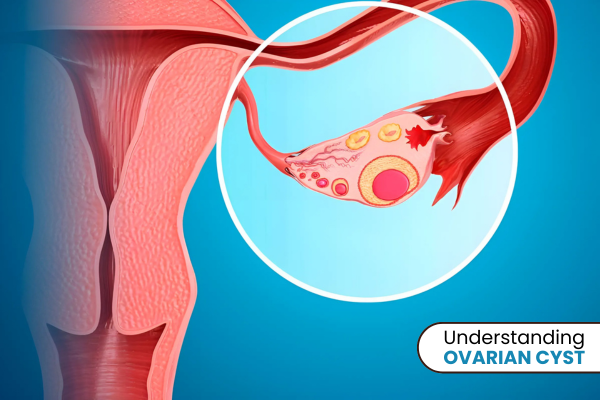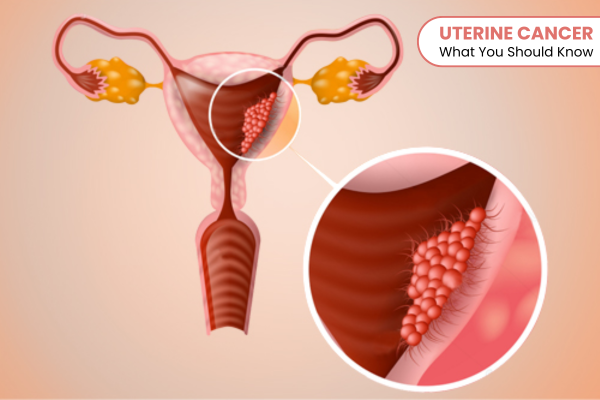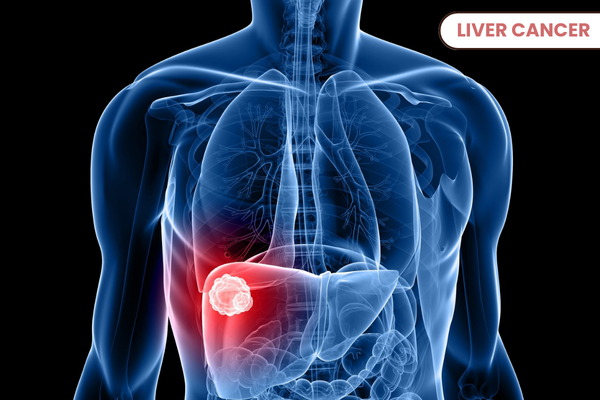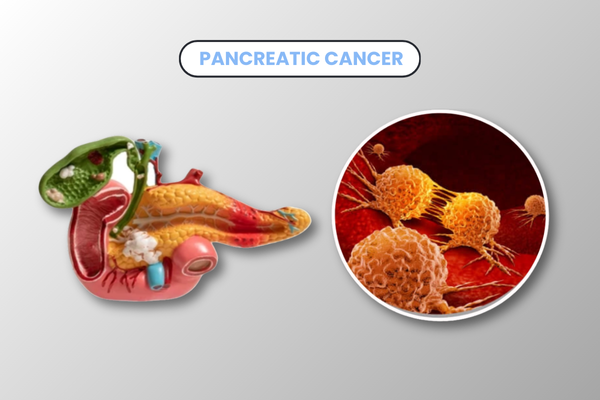Understanding Colon Cancer
Colon cancer, also known as colorectal cancer when it includes both the colon and the rectum, is a type of cancer that starts in the large intestine. The colon is the final part of the digestive system, where the body absorbs water and stores waste before it is eliminated. Colon cancer typically begins as small, non-cancerous (benign) clumps of cells called polyps. Over time, some of these polyps can turn into cancer.
Who is at risk?
Colon cancer can affect anyone, but it is more common in people over the age of 50. However, cases in younger adults are rising. Other risk factors include
- A family history of colon cancer
- A personal history of polyps or inflammatory bowel diseases (like Crohn’s disease or ulcerative colitis)
- A diet high in red or processed meats
- Lack of physical activity
- Obesity
- Smoking and heavy alcohol use
Common Symptoms
In the early stages, colon cancer may not show any symptoms. That’s why regular screening is important. As the cancer grows, symptoms may include:
- A change in bowel habits (diarrhoea, constipation, or narrow stools that last more than a few days)
- Blood in the stool or rectal bleeding
- Persistent abdominal discomfort (cramps, gas, or pain)
- Unexplained weight loss
- Fatigue or weakness
If you notice any of these signs, it’s best to talk to a doctor.
Diagnosis
Colon cancer can be detected early through screening tests. The most common test is a colonoscopy, where a doctor uses a long, flexible tube with a camera to look inside the colon and remove polyps if needed. Other tests include stool tests (to check for blood or abnormal DNA) and imaging scans like CT colonography.
Early detection can save lives. It’s recommended that people start screening by age 45, or earlier if they have risk factors.
Treatment Options
Treatment depends on the stage of the cancer and the overall health of the patient. Common treatment options include:
- Surgery: Removing the cancerous part of the colon is often the first step.
- Chemotherapy: Uses drugs to kill cancer cells or stop them from growing.
- Radiation therapy: Uses high-energy rays to target and kill cancer cells.
- Targeted therapy and immunotherapy: These are newer treatments that work on specific parts of cancer cells or help the immune system fight the cancer.
A team of doctors, including oncologists, surgeons, and other specialists, will work together to create the best treatment plan for each patient.
Prevention Tips
While not all cases can be prevented, you can reduce your risk by:
- Eating a healthy diet rich in fruits, vegetables, and whole grains
- Exercising regularly
- Maintaining a healthy weight
- Avoiding smoking and limiting alcohol
- Getting regular screenings
Final Words
Colon cancer is a serious but treatable disease, especially when found early. Awareness, timely screening, and healthy lifestyle choices can go a long way in preventing it or catching it early. Always consult your doctor if you notice any unusual symptoms or have concerns about your risk.
Leave a Reply
Your email address will not be published. Required fields are marked *







.png)





